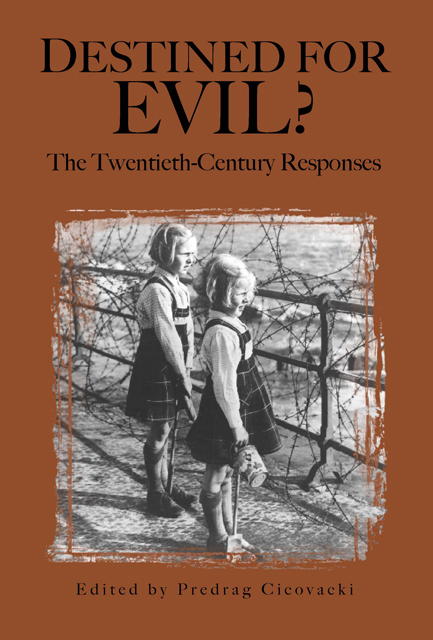Book contents
24 - Helen’s Exile
Published online by Cambridge University Press: 17 March 2023
Summary
The Mediterranean sun has something tragic about it, quite different from the tragedy of fogs. Certain evenings at the base of the seaside mountains, night falls over the flawless curve of a little bay, and there rises from the silent waters a sense of anguished fulfillment. In such spots one can understand that if the Greeks knew despair, they always did so through beauty and its stifling quality. In that gilded calamity, tragedy reaches its highest point. Our time, on the other hand, has fed its despair on ugliness and convulsions. This is why Europe would be vile, if suffering could ever be so.
We have exiled beauty; the Greeks took up arms for her. First difference, but one that has a history. Greek thought always took refuge behind the conception of limits. It never carried anything to extremes, neither the sacred nor reason, because it negated nothing, neither the sacred nor reason. It took everything into consideration, balancing shadow with light. Our Europe, on the other hand, off in the pursuit of totality, is the child of disproportion. She negates beauty, as she negates whatever she does not glorify. And, through all her diverse ways, she glorifies but one thing, which is the future rule of reason. In her madness she extends the eternal limits, and at that moment dark Erinyes fall upon her and tear her to pieces. Nemesis, the goddess of measure and not of revenge, keeps watch. All those who overstep the limit are pitilessly punished by her.
The Greeks, who for centuries questioned themselves as to what is just, could understand nothing of our idea of justice. For them equity implied a limit, whereas our whole continent is convulsed in its search for a justice that must be total. At the dawn of Greek thought Heraclitus was already imagining that justice sets limits for the physical universe itself: “The sun will not overstep his measures; if he does, the Erinyes, the handmaids of justice, will find him out.” We who have cast the universe and spirit out of our sphere laugh at that threat. In a drunken sky we light up the suns we want. But nonetheless the boundaries exist, and we know it. In our wildest aberrations we dream of an equilibrium we have left behind, which we naively expect to find at the end of our errors.
- Type
- Chapter
- Information
- Destined for Evil?The Twentieth-Century Responses, pp. 277 - 280Publisher: Boydell & BrewerPrint publication year: 2005

